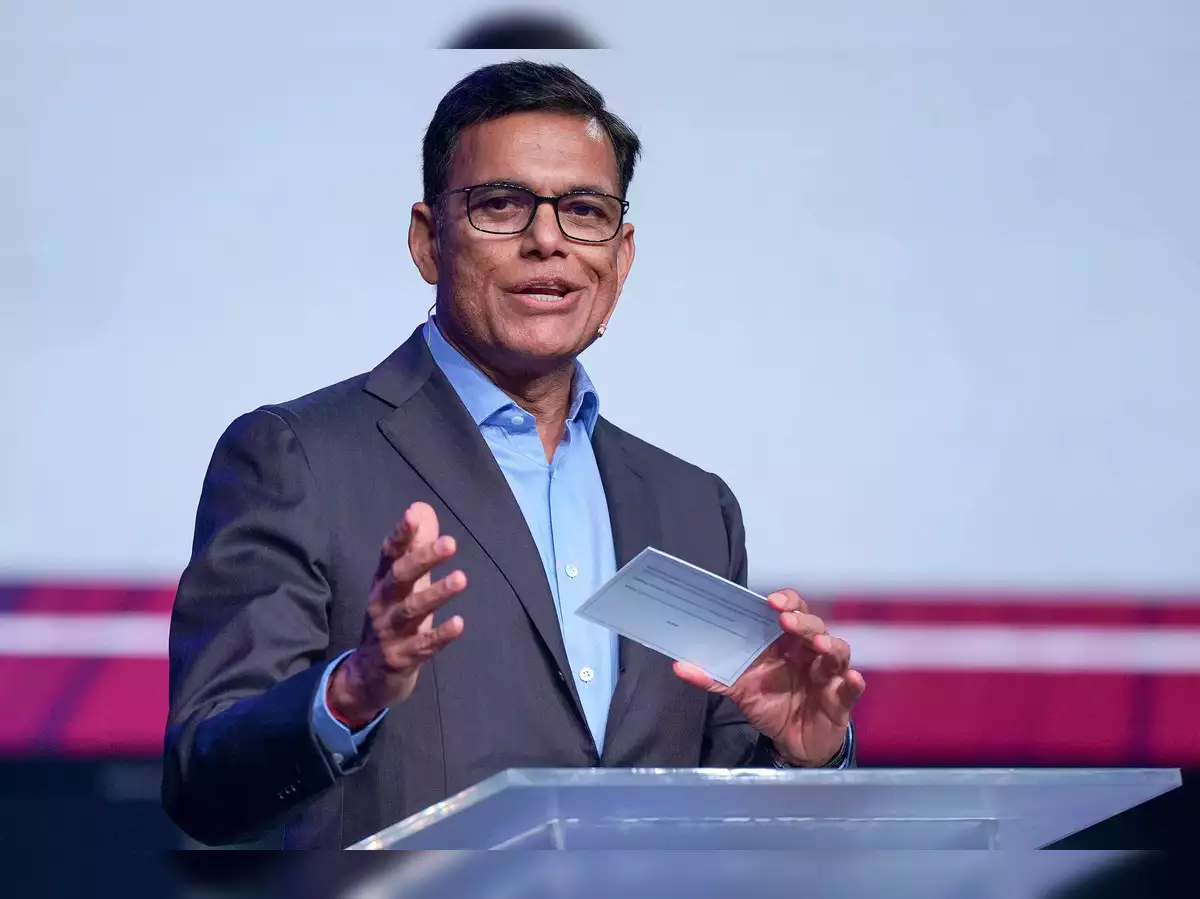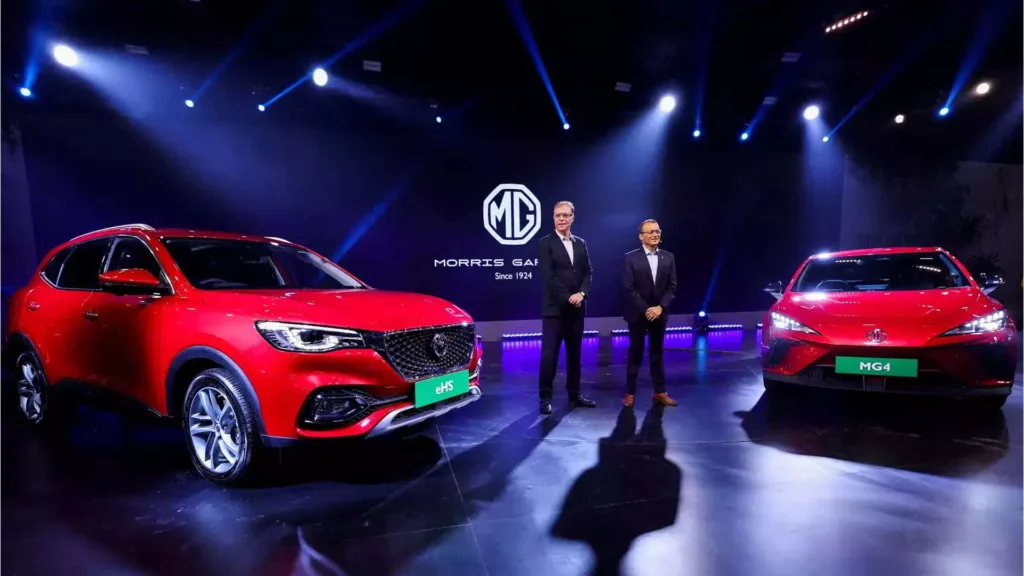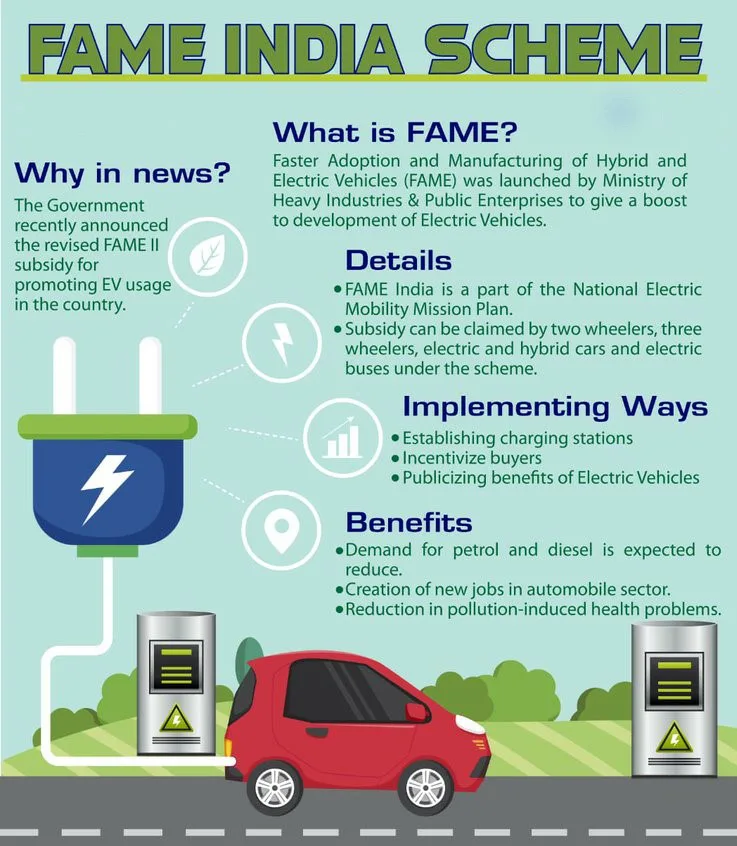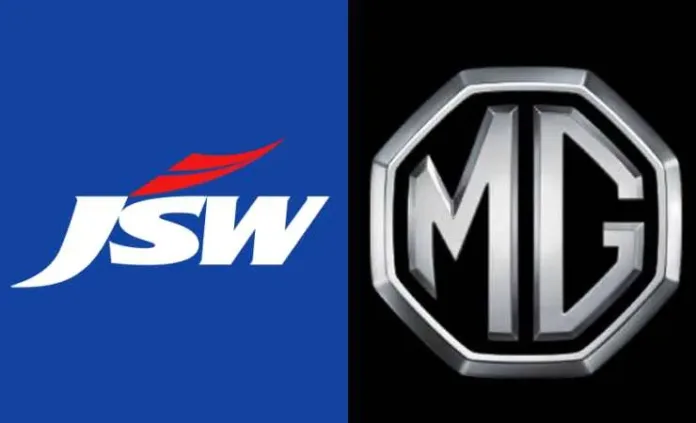JSW Group Enters EV Market: What to Expect from Their Brand!
In a bold move signalling its commitment to sustainability and innovation, JSW Group, India’s leading steel manufacturer, is set to enter the electric vehicle (EV) market with its own in-house brand. This strategic decision comes as the company aims to establish itself as a key player in India’s rapidly growing EV industry, as reported by The Financial Times.
A Strategic Partnership with SAIC Motor
JSW’s foray into the EV sector follows its earlier announcement of a $1.5 billion joint venture with SAIC Motor, the Chinese automaker behind the popular MG brand. This partnership will enable JSW to produce and sell MG EVs in India, laying a solid foundation for its upcoming electric vehicle brand.

Manufacturing Hub in Maharashtra
To support its ambitious plans, JSW intends to set up an EV production facility in Aurangabad, Maharashtra. The Aurangabad Industrial City (AURIC) has confirmed that JSW will invest ₹27,200 crore (approximately $3.2 billion) in this venture, which is expected to create over 5,200 jobs. The facility will manufacture a range of electric vehicles, including both passenger and commercial models, catering to the diverse needs of the Indian market.
The Current State of India’s EV Market
While the popularity of battery-powered two-wheelers has surged in India, the adoption of full-size electric vehicles has been relatively slow. Currently, EVs account for only 2% of passenger car sales, translating to around 100,000 units annually, according to S&P Global Mobility. In contrast, China has seen massive EV adoption driven by generous subsidies and incentives, accounting for about 58% of global EV production.
Despite these challenges, there is a growing interest among affluent Indian buyers. For instance, the MG Motor India Windsor crossover EV, priced at ₹13.5 lakh, was fully booked for several months following its launch in September, despite production limitations at its Gujarat plant.

Competition in the EV Landscape
JSW will enter a competitive market that already includes established players like Tata Motors, Mahindra & Mahindra, and newcomers such as Ola Electric. Additionally, two-wheeler market leader Hero Electric and Ashok Leyland, focusing on electric buses under the Switch Mobility brand, are also significant players in the EV space. Even Maruti Suzuki is exploring options to expand its EV offerings, indicating a robust and evolving market.
Government Support for EV Adoption

The Indian government has been actively promoting electric vehicle adoption through various subsidy initiatives, such as the Faster Adoption and Manufacturing of Electric Vehicles (FAME) scheme. The second phase of this initiative concluded earlier this year, followed by a temporary Electric Mobility Promotion Scheme (EMPS) that ended in September.
The third phase of FAME is expected to be approved by the end of the year, further supporting the growth of the EV market. JSW Group’s entry into the electric vehicle market marks a significant step towards a more sustainable future for India’s automotive industry. With a substantial investment in manufacturing and a strategic partnership with SAIC Motor, JSW is poised to make a meaningful impact in the EV landscape.


